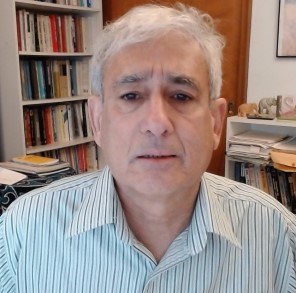Scalable Consensus Protocols and System Architectures for Blockchain Services

Bitcoin’s blockchain technology is emerging as an important approach for the decentralized management of digital assets ownership. A blockchain is a replicated ledger maintained in a decentralized manner, without requiring a central authority. A distributed consensus protocol is needed to ensure a globally-agreed total order on the blocks in the chain. For this, Bitcoin uses a technique called Proof-of-Work (PoW) which requires each node wanting to append a new block to the chain to solve some hard cryptographic puzzle. This PoW-based mechanism of Bitcoin provides probabilistic guarantees for consensus. This leads to several inherent difficulties in scaling its performance. The PoW based consensus technique also requires an inordinate amount of computing and electrical power. This talk presents the current research trends and directions in the investigation of alternative approaches for building scalable blockchain services. The current trends in this direction include the use of classical consensus protocols with Byzantine Fault Tolerance (BFT), sharding for parallel execution of validation tasks, alternate data models, such as multi-chains in place of a linear chain, and the use of other trust models and mechanisms in place of the PoW model. The alternate trust models being considered for this purpose include Proof-of-Stake (PoS), Proof-of-Authority (PoA), and Proof-of-Elapsed Time (PoET).
Speaker: Anand Tripathi
University of Minnesota - Twin Cities
Photo courtesy IEEE Innovation At Work.
Date and Time
Location
Hosts
Registration
-
 Add Event to Calendar
Add Event to Calendar
Loading virtual attendance info...
Speakers
 Anand Tripathi
Anand Tripathi
Biography:
Anand Tripathi is a Professor of Computer Science at the University of Minnesota, Minneapolis. He is a Fellow of IEEE. He received Ph.D. in Electrical Engineering from the University of Texas at Austin in 1980 and B.Tech from the Indian Institute of Technology, Bombay in 1972. From 1981 to 1984 he was a Senior Principal Research Scientist at Honeywell Computer Science Center, Minneapolis. During 1995–97, he served as a Program Director at the National Science Foundation. His research interests are in distributed systems, middleware frameworks, system security and fault-tolerant computing.

